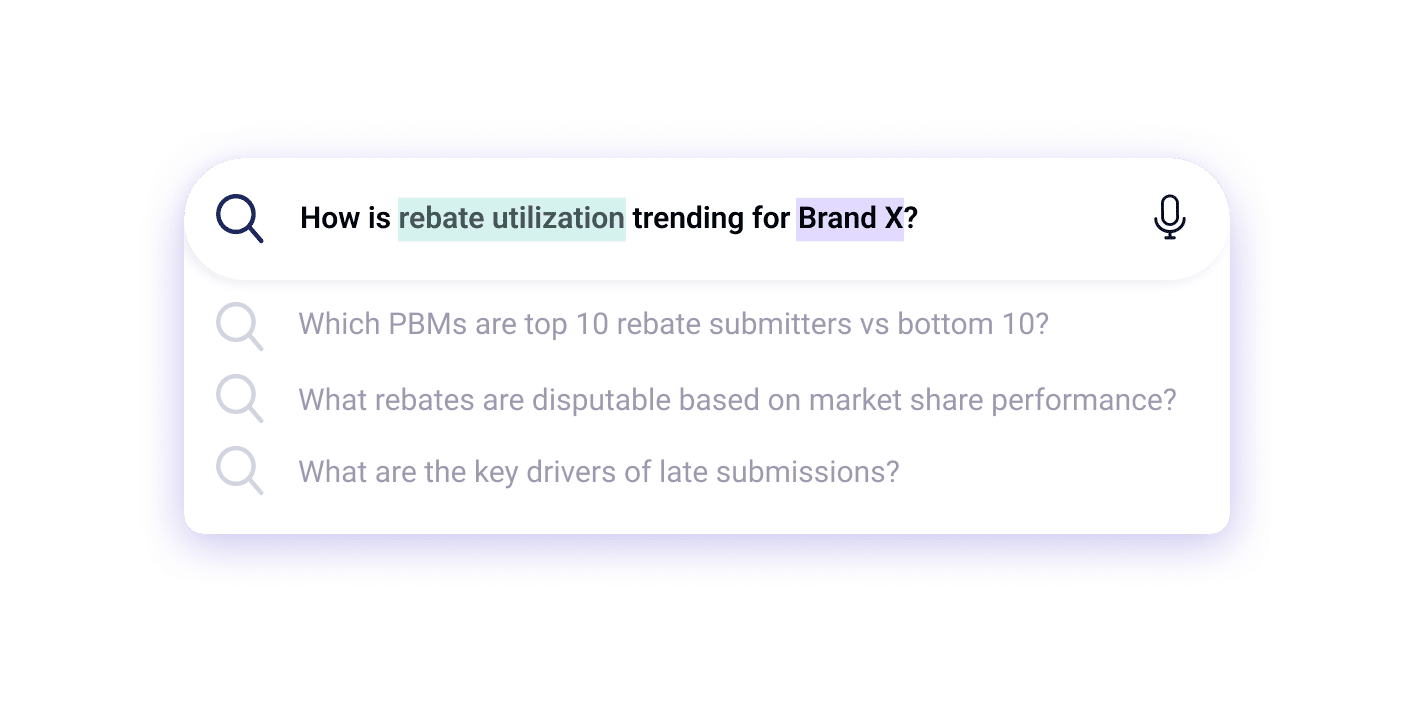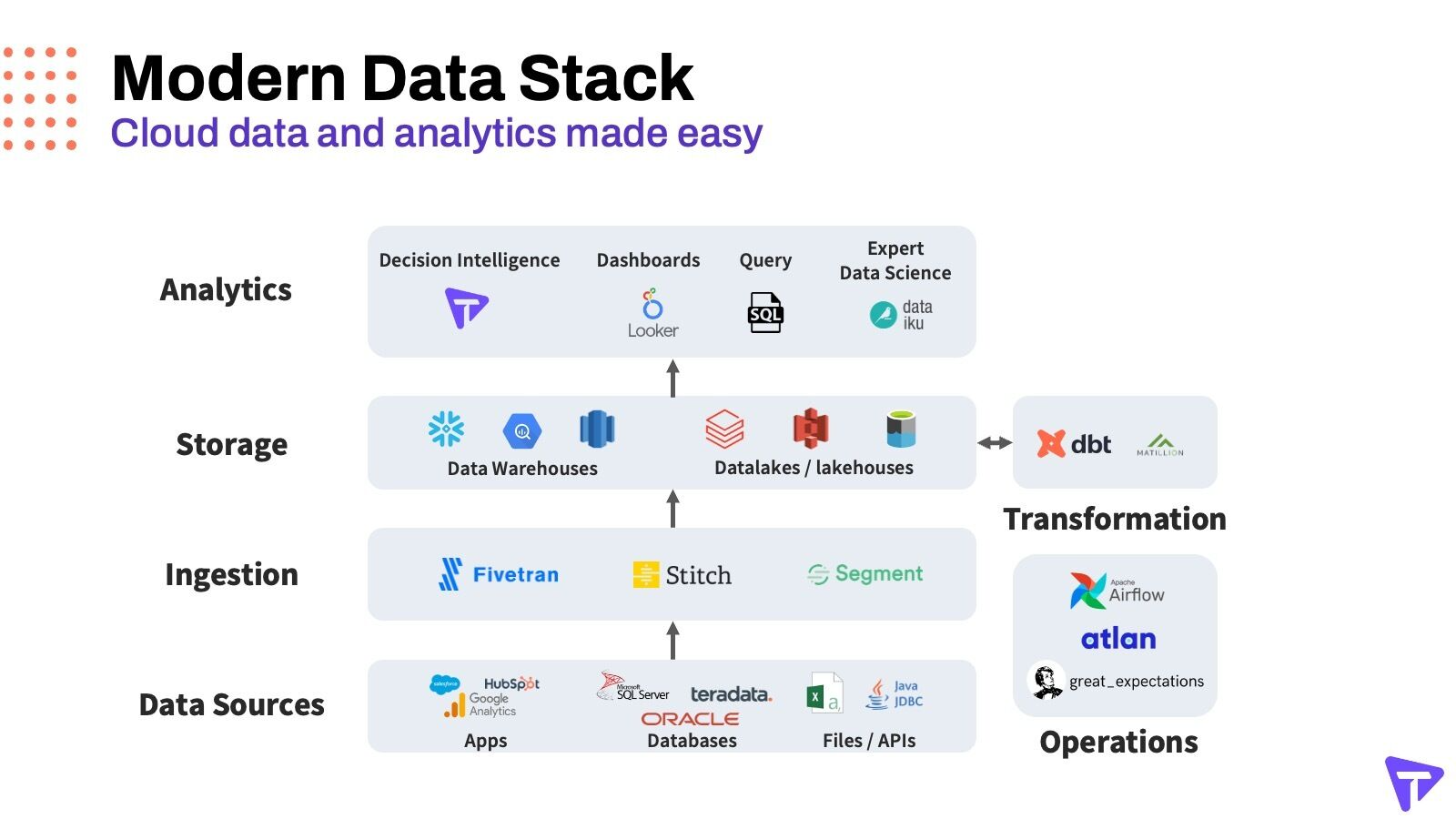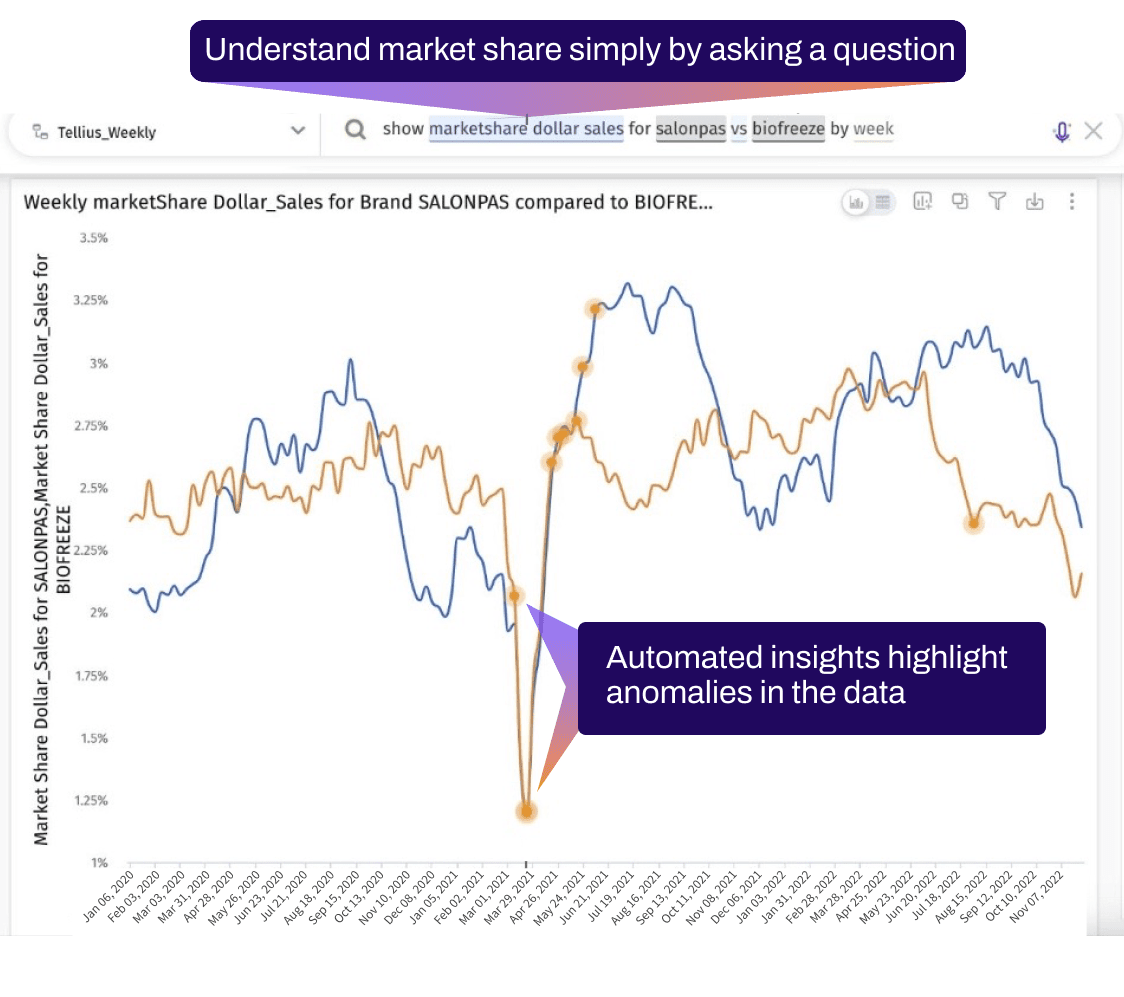How Decision Intelligence is Transforming Industries: Real-World Applications

Strong 8k brings an ultra-HD IPTV experience to your living room and your pocket.
In today's rapidly evolving business landscape, data has become one of the most valuable assets. But data alone is not enough to make informed decisions that drive success. This is where Decision Intelligence (DI) comes into play. Combining artificial intelligence (AI), data analytics, and human expertise, DI empowers businesses to make smarter, more informed decisions across industries.
What is Decision Intelligence?
Decision intelligence refers to the use of advanced technologies like AI, machine learning, and data analytics to aid in decision-making. Unlike traditional decision-making methods that rely on human judgment or basic analytics, DI combines real-time data processing with algorithms that offer predictive and prescriptive insights. This allows organizations to optimize their strategies and operations with higher accuracy and reduced risk.
Real-World Applications Across Industries
1. Healthcare: Enhancing Patient Care and Operational Efficiency
Healthcare is one of the industries experiencing significant transformation through decision intelligence. Hospitals and healthcare organizations are leveraging DI to improve patient care, optimize treatment plans, and enhance operational efficiency. For example, predictive analytics can forecast patient inflow, helping hospitals manage staff allocation and resources efficiently. Additionally, decision intelligence is used to personalize patient treatments by analyzing patient data and predicting health outcomes. This not only improves recovery times but also lowers costs by minimizing unnecessary treatments and hospital readmissions.
One prominent application is in disease prevention. By analyzing large datasets, healthcare organizations can predict potential outbreaks, monitor trends in patient symptoms, and allocate resources accordingly. Decision intelligence is also being applied to drug development, accelerating the process by identifying promising compounds more efficiently.
2. Retail: Personalization and Inventory Management
Retailers have access to vast amounts of customer data, but without the right tools, this data often goes underutilized. Decision intelligence helps retailers harness this information to create personalized shopping experiences. By analyzing customers' browsing and purchasing behavior, retailers can recommend products tailored to individual preferences, driving higher conversion rates and customer satisfaction.
In addition to personalization, decision intelligence plays a critical role in inventory management. Retailers use DI to forecast demand, ensuring the right products are available at the right time. This minimizes excess inventory and reduces stockouts, which can result in lost sales. For instance, e-commerce giant Amazon uses advanced decision intelligence systems to predict customer demand and optimize its vast inventory, allowing for efficient warehouse management and faster delivery times.
3. Finance: Reducing Risk and Improving Decision-Making
The financial sector thrives on data, making it a prime candidate for decision intelligence transformation. Investment firms, banks, and insurance companies are using DI to make informed decisions and mitigate risks. By analyzing market trends, financial institutions can identify potential risks and opportunities, helping them make better investment choices.
Moreover, DI is being used for fraud detection. Machine learning algorithms can analyze transaction patterns and detect unusual activities, alerting institutions to potential fraud in real time. This proactive approach reduces financial losses and enhances customer trust. For example, PayPal uses decision intelligence algorithms to monitor billions of transactions and identify fraud before it affects users.
4. Manufacturing: Optimizing Production and Reducing Downtime
Manufacturing industries are employing decision intelligence to streamline production processes and minimize downtime. DI systems analyze real-time data from production lines to predict equipment failures before they occur. This predictive maintenance reduces downtime, lowers costs, and increases overall efficiency.
Decision intelligence also improves supply chain management in manufacturing. By analyzing demand forecasts, raw material availability, and production schedules, manufacturers can optimize their supply chains, ensuring that products are delivered on time while minimizing waste.
Decision intelligence is reshaping industries by providing actionable insights that lead to smarter, data-driven decisions. From healthcare to retail, finance to manufacturing, DI is enhancing efficiency, reducing risks, and improving customer satisfaction. As more organizations embrace decision intelligence, its transformative impact will only continue to grow, leading to innovations that were once unimaginable. Businesses that adopt DI early are poised to stay ahead of the competition and thrive in the data-driven future.
Note: IndiBlogHub features both user-submitted and editorial content. We do not verify third-party contributions. Read our Disclaimer and Privacy Policyfor details.







